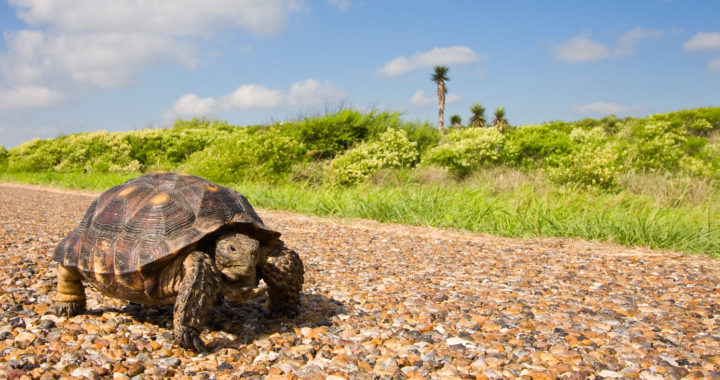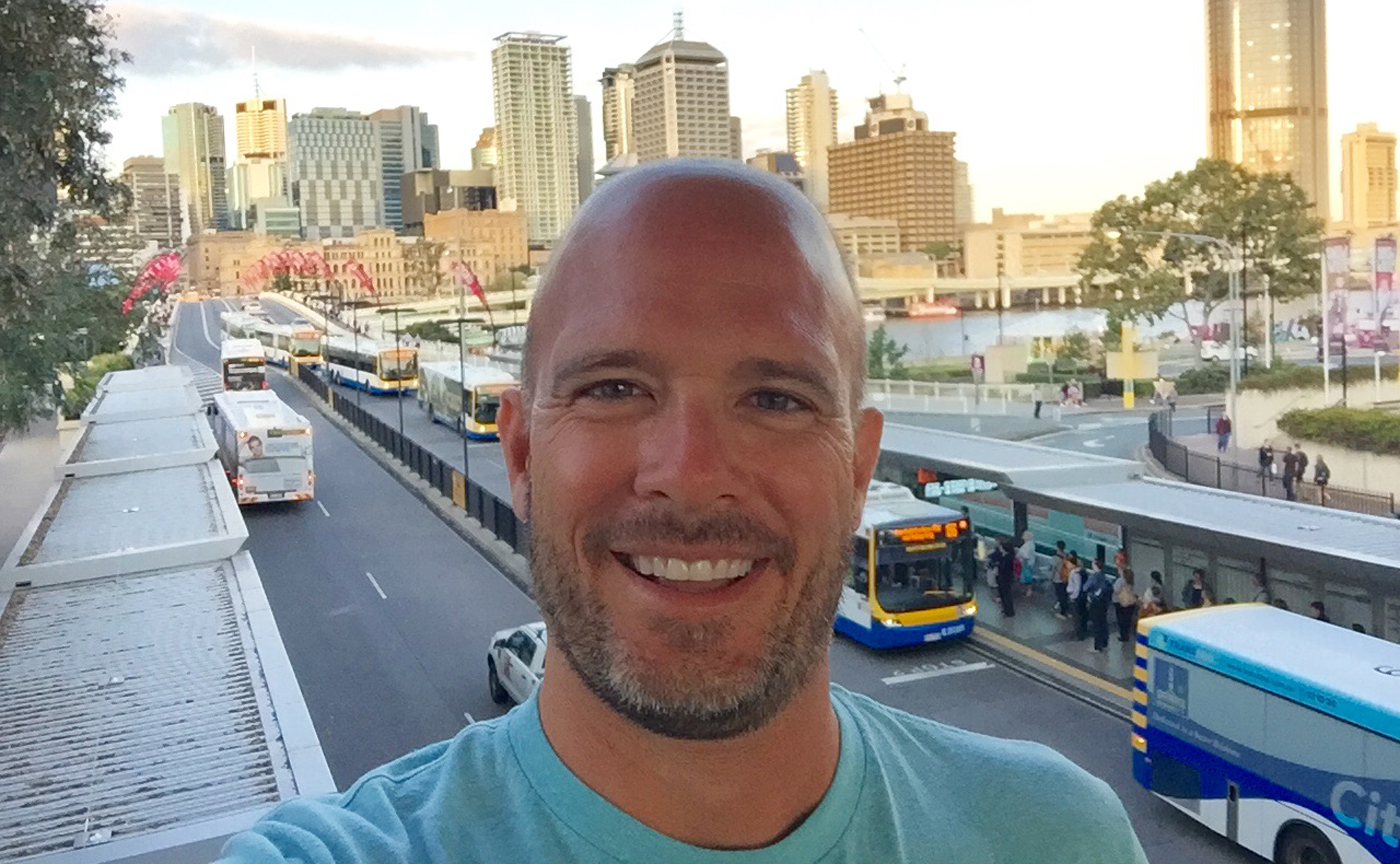WHY A BUSY MINISTRY-LIFE STINKS & HOW TO SLOW DOWN

GET PDF OF THIS BLOG POST
I’m reading an awesome book written by Jonathan Fields, How to Live a Good Life, and wanted to share with you what I am learning. In the book Jonathan shares this story:
“Derek Sivers, founder of CD Baby and legendary nice guy, was living on the beach in Santa Monica, CA. A few times a week, he would grab his bike and ride the 15-mile out and back oceanfront loop. Pushing fiercely, Sivers would go as fast as he could…full on…giving it 100%. He would finish in about 43 minutes.
A few months in, his rides were getting less and less enjoyable and leaving him feeling trashed, so he decided to try an experiment.
Instead of head-down, 100-percent brutal, he would just chill out, enjoy the ride and go about half his original effort. First time out, he had a great time. He was relaxed, smiling, and enjoying himself.
At the end of the ride, he checked his watch and got a huge surprise. His time was 45 minutes…only 2 minutes slower than his time when going 100% full throttle.”
In Derek’s words from this blog post:
“So apparently all of that exhausting, red-faced, full-on push-push-push I had been doing only gave me a 4% boost. I could just take it easy, and get 96% percent of the results. And what a difference in experience! To go the same distance, in about the same time, but one way leaves me exhausted, and the other way rejuvenated.”
After I read that story and Jonathan’s thoughts on it (which I will share in a moment), I was reminded of the importance of slowing down the pace of my own life.
A few months ago, I wrote a blog post called – 7 Proven Ways to Kill Your Passion for Ministry.
The blog post was all about the importance of “slowing down”, and all the ways those of us in youth ministry do the exact opposite. Instead, we go fast and hard…non-stop.
It was shared on Facebook by over 1,000 people and got 50 comments. It really struck a chord with youth ministry leaders from all around the world.
The pace of our lives is so busy, so fast, and so overwhelming. We never seem to have enough time in the day to get everything done. And it’s not just us in the ministry world, it’s people from all walks of life. It seems to be all of us. Even the students in our ministries.
Here’s another excerpt from the How to Live a Good Life book. I really like how Jonathan unpacks this idea:
“What if all the things that need doing aren’t really the things that matter? And what if the better, more enjoyable way to get what matters done is not to speed up, but to slow down.
Simple truth: fast and busy are a choice.
We choose to go fast and be busy because we think it will get us what we want.”
(Or in the case of youth ministry leaders…we choose to go fast and be busy because we want to save, help and/or reach every single student. We want to change the world. We want to see the lives of students transformed. We want to see students come into a relationship with Jesus. But maybe fast and busy aren’t the answer.)
“Fast and busy makes life brittle. It makes us feel like every inch of space in life is locked in and there’s no room to move. Instead of unlocking productivity and potential, it throttles both. It deludes us into feeling like we’re getting more done faster, but in reality, we could get the same done in the same or less time with more grace by dialing it back, not forward. In In the end, we’re left feeling dissatisfied and helpless to extract ourselves from the process. Except we’re not. It’s all an illusion.”
Fast and busy are a choice. At the end of the day, it’s up to us to slow down the pace of our lives and ministry.
So, how do you slow down? Here are a few ways that I’ve found helpful.
1) WHEN YOU FEEL THE URGE TO GO FASTER AND DO MORE…DO THE EXACT OPPOSITE.
This tip actually came from the book I mentioned above.
Last week for Thanksgiving our family visited San Diego.
Coming back to real life this week, I am a bit overwhelmed at everything that needs to be done.
So, reading this chapter was the perfect reminder to “slow down”.
If you’re not intentional about it…fast and busy will be your default mode.
When you have the urge to do more, do less. When it’s time to “go”…”stop” instead.
It’s a simple technique to retrain yourself to slow down.
Try it. I dare you.
2) ELIMINATE
What tasks, projects, or events are you working on that really aren’t that important?
Choose to eliminate those things and focus on what is most important.
I can remember the early days of being in full-time ministry. I was doing way too much.
I coordinated weekend services (at one point 2 on Saturday and 6 on Sunday), a Tuesday night outreach program, Sunday night small groups, summer camp, monthly events, built relationships with students/parents, recruited/trained a team of volunteers….and so much more.
Simply put, it was too much.
I could have chosen to eliminate some of those things. For example, I could have done events every 2-3 months instead of every month. Or I could have chose something else to eliminate.
But I didn’t. Instead I crashed and burned. I took a year and a half off of full-time ministry to regroup and refocus on my priorities.
Learn from my mistake and countless others who burn out in ministry.
Choose to eliminate what you can and focus on what’s most important.
3) SET HEALTHY BOUNDARIES.
This is a tough one for us in youth ministry. There always seems to be an emergency, and often it’s on our day off.
However, it’s important to set healthy boundaries.
You decide what boundaries to set, and stick to them.
Some ideas:
- Don’t check email, connect with students, or go on social media (because students are there) on your days off.
- Don’t respond to texts or phone calls from students, co-workers, volunteers, or parents on your days off.
- When you’re home, be fully present.
- Get a hobby outside of church. I’ve been in a dodgeball league for about a year. It helps me unwind and get my mind off of everything.
- Fight for 2 days off each week. Hey, God needed 1 day off when he created the universe. Shouldn’t we have at least 2 days off? You know, we’re not as big and gnarly as God.
Those are just a few that have been really helpful to me.
Your list might be different.
The key is to have boundaries and stick to them.
4) FOCUS ON WHAT MATTERS MOST.
What events or programs are the most important in your youth ministry?
What people are the most important for you to connect with?
What tasks are your highest priorities?
How much time every week do you spend on those things?
The goal is to identify what’s most important and spend most of your time each week doing those tasks.
Eliminate everything else.
Doing this allows you margin to sense what God is doing in your life and ministry.
You’ll have space to nurture your own relationship with God, and relationships with family and friends.
After going fast and hard in ministry for years, and then slowing down my pace of life…I believe that the “slow life” is WAY better! It’s way more fulfilling and enjoyable.
I hope this blog post challenges you to slow down…even if it’s a very small step in that direction.
Here’s some more resources on the topic of slowing down:
Emotionally Healthy Spirituality – A collection of resources for church leaders helping them to stay both emotionally & spiritually healthy.
3 Habits of Youth Ministry Leaders Who Stay for the Long Haul
How to Overcome Email Overload

Written by Nick Diliberto, the creator of this website. He’s also married to a killer triathlete (Jena), and has three kids: Ethan (15), Joey (12), and Emma (11). Nick oversees the youth group at the Northshore Vineyard Church, just outside of New Orleans, LA.

2 Replies to “WHY A BUSY MINISTRY-LIFE STINKS & HOW TO SLOW DOWN”
Paul Branscombe
To SET HEALTHY BOUNDARIES is so important! Day’s off are to be treated as days off. I know a youth pastor that spends his full day off with family and at home, and I value that and want to practice it when I get into full-time ministry. Even now as a student, I have chosen for Sunday’s to be a day of worship and that’s it! And if I can get time in with friends, that is great too, as every other day I am on the go (full-time studies and a part-time job). I may even conisder being completly “unplugged” on Sunday’s and replace it with… something I like doing (cooking, reading).
Keep up the great work, Nick.
Becky Forkel
Thanks Paul! Healthy boundaries are vital to a healthy ministry. The earlier in your ministry that you can establish them – the better off you will be in the long run!